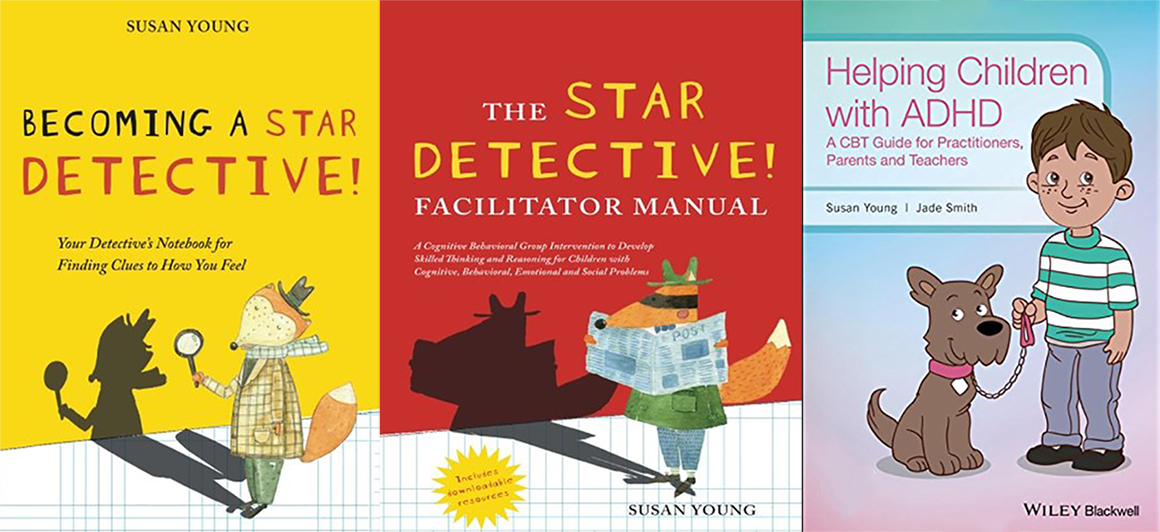Could gut hormones help make Dry January last all year?

In this post, Dr Tony Goldstone looks at the role of gut hormones in controlling alcohol addiction and how they may provide a basis for future treatment.
After the excesses of Christmas and New Year, it has become fashionable for January to be promoted as a time for reassessment and resolutions. There are promises and attempts at living a healthier lifestyle, including stopping drinking alcohol (‘Dry January’), joining that gym, stopping smoking, and eating better. However, we know how difficult it is to maintain behaviour change over the longer term. People start drinking excessively again, put back on the weight they lose, start smoking again, and their attendance at the gym wanes. For people who have hazardous levels of drinking, and those who are dependent on alcohol, this is particularly problematic. (more…)

